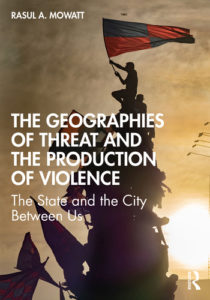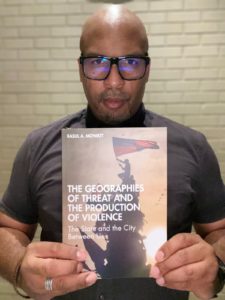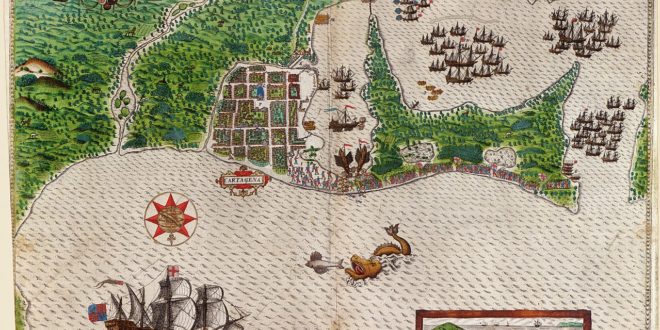Podcast: Play in new window | Download (Duration: 59:03 — 81.1MB)
 Marie Louise Berneri’s Journey Through Utopia, written in 1950, opens with a dissection of the reactionary authoritarianism of Plato’s Republic in which the State must create a mythology of divinity and purity in its Guardian class to mystify the masses. Berneri writes:
Marie Louise Berneri’s Journey Through Utopia, written in 1950, opens with a dissection of the reactionary authoritarianism of Plato’s Republic in which the State must create a mythology of divinity and purity in its Guardian class to mystify the masses. Berneri writes:
“Throughout history one sees that the existence of a State implies the division of society into classes, but that the ruling class does not necessarily owe its power to its economic wealth but to an ideology which clothes it with a superior power, maintained by the use of armed forces.”
In our 3-part series with Rasul Mowatt about his book The Geographies of Threat and the Production of Violence, it’s our goal to demystify the State – which is not a tangible entity but a fiction, like Plato’s Guardians, designed to allow a ruling elite to maintain power.
The focus in this episode is on the history of the city as it evolved from the 16th century to the present, beginning with the Spanish Empire in Mexico City. It’s in the city where we can most readily perceive the mechanisms of power maintenance – from the design of streets into grids and the creation of a central plaza to the labeling of physical traits as identifiers of types of people and the spaces where they are allowed to live – thus solidifying and “naturalizing” those identifications such as Indios, Negros, and Mestizos.
The template for the very city you are living in comes directly from the Laws of the Indies, the body of law promulgated by the Spanish crown between the 16th and 18th centuries for the government of its colonies outside Europe, chiefly in the Americas. It contains 6,377 laws in nine books, subdivided into 218 chapters covering the formation and practice of church government and education; political and military administration; municipal and provincial government and lower courts; penal law; public finance; and commerce.
These decrees are the basis for the ideological underpinnings of what we consider correct ways to structure and order populations; in fact the practice of life within these structures shape the ways we think about the world and each other. And all of this in the service of the mythical State.
 GUEST
GUEST
Rasul A. Mowatt, Ph.D., is just a son of Chicago and a subject of empire, while dwelling within notions of statelessness, settler colonial mentality, and anti-capitalism. He also functions in the State as head of the Department of Parks, Recreation and Tourism Management at North Carolina State’s College of Natural Resources.
RELATED
Part One – The State Made Visible
Forms of Concentration: Constructing Racialized Bodies (Interchange with Daniel Nemser)
Storied Into Being: Martin Puchner On the Written World (Interchange)
Storied States: James Scott’s Against the Grain (Interchange)
Prisonscape: The View from Any Window (Interchange with Brett Story)
The Spanish Colonial Town: Planning Flexibility in Spite of the Grid – [Great maps but also an example that the Spanish Colonial city grid continues to persuade many us of its functional benignity.]
MUSIC
“Up Against the Wall (City Slick Mix)” Instrumental – Group Home
“Show ‘Em What Cha Got” – Public Enemy
“Free” – Goodie Mob
“O. D. O. O. (Overtake Don Overtake Overtake)” – Fela Kuti
“Independence cha cha” – Le Grand Kallé
CREDITS
Producer & Host: Doug Storm
Executive Producer: Kade Young
 WFHB Bloomington Community Radio
WFHB Bloomington Community Radio


